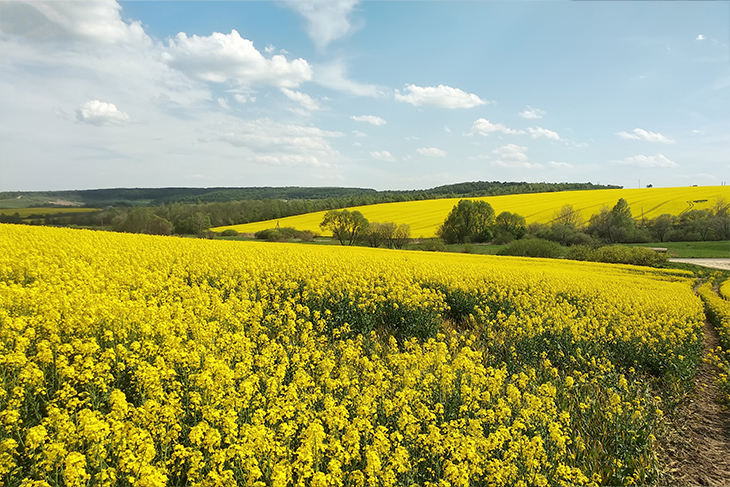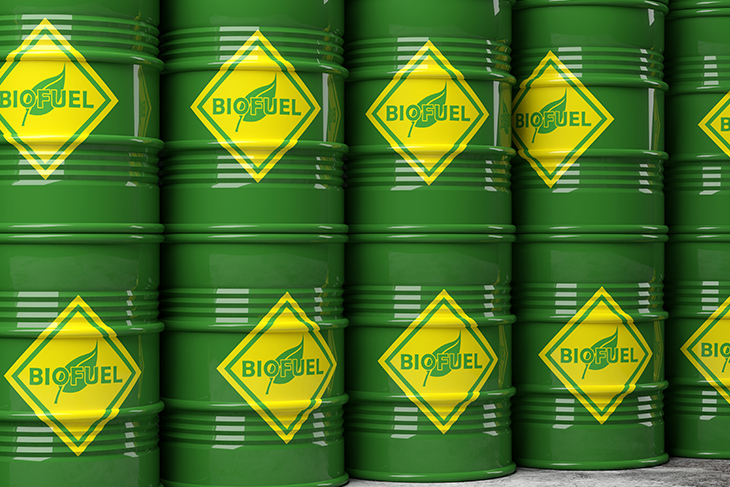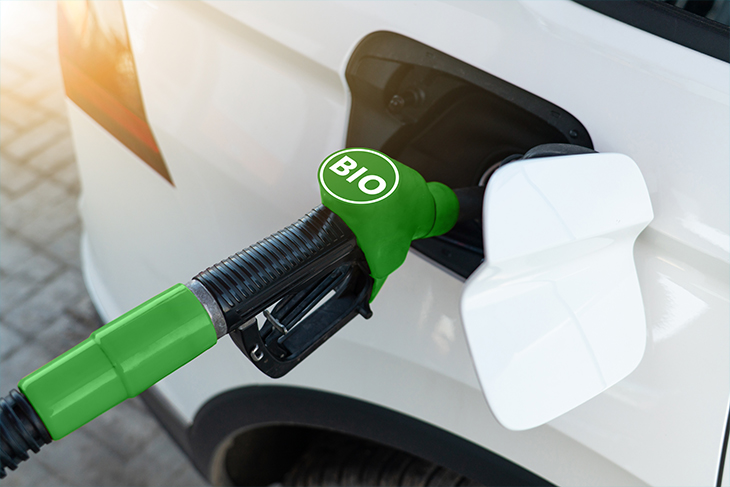Have you ever looked at the numbers increasing higher and higher on the petrol pump and thought ‘There must be something cheaper I can put in my car’? Whether it’s petrol or diesel you use, the prices seem to be getting higher every year. Is there another way? What about biofuels?
You might have heard them being mentioned, but you’re unlikely to see them at the petrol pumps at your local supermarket. So what are they and can they benefit you? Let’s take a look.
What are biofuels?
Biofuels are different to normal fuels (petrol and diesel) because they are produced from renewable sources. There are two main types of biofuel, bioethanol and biodiesel.
How are they made?
Unlike oil which is drilled from beneath the ground, biofuels are sourced from plants and animals that grow or graze. Bioethanol is a type of alcohol that’s produced from sugarcane. It’s produced by first partially digesting the sugarcane using enzymes, fermenting the sugar content and then distilling and drying the resulting liquid. It’s a lot like the process that goes into making whiskey, albeit you shouldn’t put bioethanol in your mouth, just your car!
Biodiesel is slightly different. The most common biofuel in Europe, it’s made using oils or fats sourced from animals and plants. This can be animal fat from butchered livestock, olive oil, rapeseed oil, sunflower oil, soy, algae and even mustard seeds, among many others.

Are they any greener?
The production of biofuels is undoubtedly greener, coming as it does from renewable resources. Bioethanol in particular is seen as having a zero carbon footprint because the plants used to produce it will take CO2 out of the atmosphere.
Biodiesels are slightly more complicated in their green credentials, as it depends on how they are produced. There is also some evidence that, despite producing less CO2, the amount of nitrous oxide is higher, an emission that can have a serious effect on the respiratory system.
Can I even use biofuels?

If you have a petrol car, you already are. The petrol pumps at your local supermarket have been E5 for a long time, recently increasing to E10. The E in the name stands for ethanol, and the number the percentage of the fuel that is made up of biofuels.
In many countries across Europe, biodiesel is also used. Some manufacturers state that their engines can be used with 100% biodiesel, but it’s good to check with the manufacturer first. It’s likely that we’re going to see more of it in the UK, with the push towards greener energy sources. In France, 8% of their diesel is already biodiesel, and this is likely to grow as production increases.
If you are considering the switch to biofuels, you’ll need to check with your manufacturer to see if your car is compatible. It’s likely to be a blend of biofuel and regular fuel, but you may be able to use it at a higher percentage mix than is currently available. You’ll also need to ensure that there’s a good supply to your area, otherwise your experiment might be short-lived.
Are You Ready to Save on Car Finance?
If you’re considering getting a new car, then you don't want to miss out on what Creditplus can offer. Applying with us will not affect your credit profile, so why not complete a quick application now.
Apply Online Today!See our latest car deals





 Facebook
Facebook Twitter
Twitter Instagram
Instagram LinkedIn
LinkedIn Youtube
Youtube